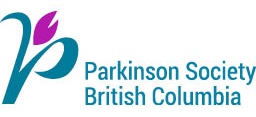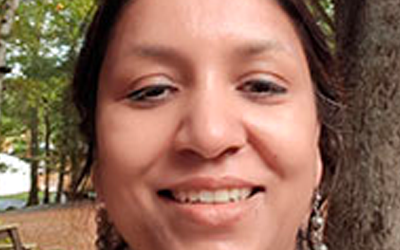Dr. Deepa Dash, Ottawa Hospital Research Institute
$100,000 over 2 years, funded by Parkinson Society British Columbia through the Parkinson Canada Research Program
Project description:
As Canada’s population ages, more people are living with Parkinson’s disease (PD). Given a limited number of neurologists are located mainly in big cities, people will have to manage the symptoms of their chronic and progressive illness between infrequent visits to specialists.
Dr. Deepa Dash, a neurologist, has a two-year clinical fellowship in movement disorders at The Ottawa Hospital and the Ottawa Hospital Research Institute. She’s testing the effectiveness of creating an integrated care network for about 50 people in the intermediate stages of PD – between two and eight years after diagnosis.
The network, managed by a nurse who specializes in PD, will connect people to local resources. Working with the nurse, people will identify the top issues that concern them, and develop an individual plan to address those priorities.
“People don’t usually think about what their top three priorities are and how they will deal with those problems,” says Dash. “Sitting with them and making a plan often helps.”
Using a combination of internet and print resources, apps, and community programs like exercise classes or speech therapy, the nurse who is the clinical care integrator will help people with Parkinson’s and their family members to enact the plan.
Since PD encompasses a variety of symptoms, Dash expects some people to focus more on cognitive issues, such as anxiety or depression, and others to work on motor symptoms, such as speech, balance, or tremors.
Deepa hopes belonging to the network will improve members’ overall health.
“People should be empowered to manage their own health.”
Dash is assessing the feasibility of creating and running these networks, which could be enacted across Canada. She’s also evaluating their cost-effectiveness.
People newly diagnosed with PD who enrolled in a similar network reported improved perceptions of chronic care, self-management, and health outcomes. Now Dash and her colleagues want to see if the benefits persist for people at the intermediate stage of the disease.
Ultimately, Dash hopes these networks will improve the quality of life for people with PD and their caregivers. She particularly empathizes with caregivers after seeing her aunt struggle to take care of her uncle, who is in the advanced stages of Parkinson’s.
Dash was drawn to working with people with Parkinson’s because of the complexity of the disease and the opportunity to understand and help manage the spectrum of motor and non-motor symptoms.
“Neurology is very systematic – it’s almost like math,” she says. “I like the way you deduce a diagnosis.”
Originally from Delhi, India, Dash began her medical studies there but moved to Canada for her fellowship. She hopes to get an academic post here.
Reproduced with permission from Parkinson Canada.

